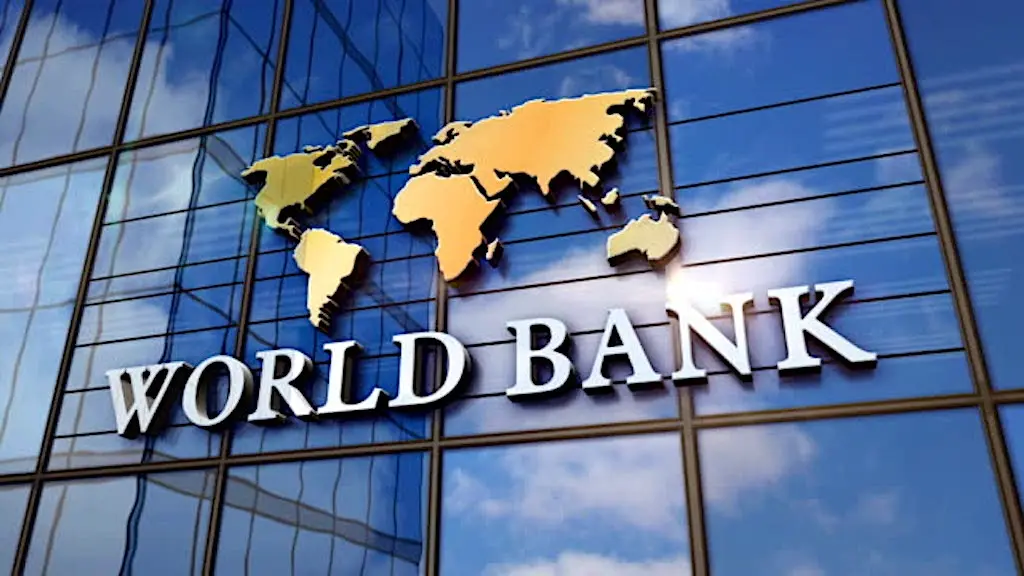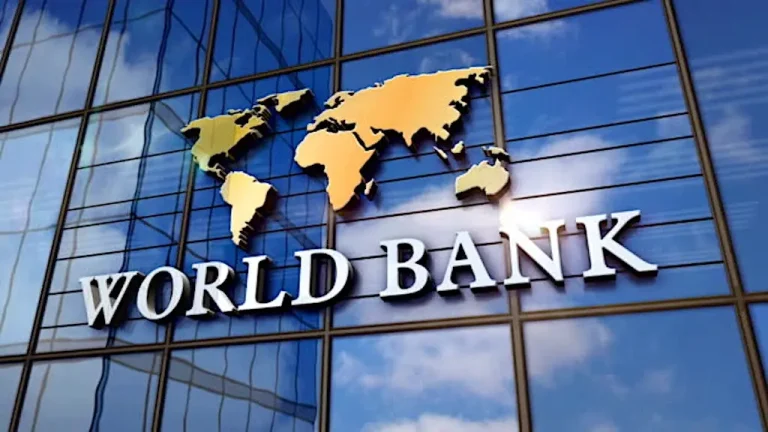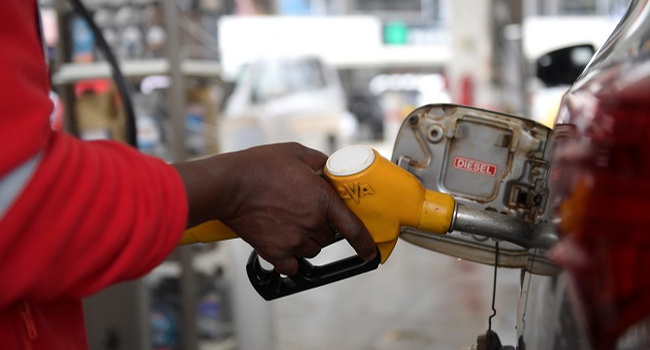
The World Bank has cautioned that the Federal Government’s ambition to achieve single-digit inflation in the short term is unrealistic, noting that Nigeria remains one of the few African countries still struggling with high consumer prices.
In its latest Africa’s Pulse Report, released on Tuesday, the global lender projected that Nigeria, Angola, Ethiopia, Ghana, Malawi, Sudan, Zambia, São Tomé and Príncipe, and Zimbabwe will continue to record double-digit inflation through 2025.
According to the report, while 37 of Africa’s 47 economies are expected to sustain single-digit inflation by 2026, Nigeria’s persistent currency depreciation, high food and energy costs, and supply bottlenecks will keep prices elevated.
“Consumer price inflation has continued to recede across most Sub-Saharan African countries, albeit at varying speeds,” the report stated. “After peaking at 9.3 per cent in 2022, the region’s median inflation rate declined to 4.5 per cent in 2024 and is projected to stabilize between 3.9 and 4.0 per cent annually over 2025–26.”
The Bank added that despite this regional progress, nine African countries including Nigeria are expected to remain trapped in double-digit inflation, bucking a trend of regional price stability.
Nigeria’s Optimism Contradicted
The World Bank’s outlook contrasts sharply with the Federal Government’s optimism that ongoing reforms will swiftly bring down inflation.
Top government officials, including Minister of Finance and Coordinating Minister for the Economy, Wale Edun, and Central Bank of Nigeria (CBN) Governor, Olayemi Cardoso, have repeatedly maintained that measures such as foreign exchange unification, fuel subsidy removal, and monetary tightening would deliver single-digit inflation soon.
Speaking recently at the CBN Governor’s Annual Lecture Series at the Lagos Business School, Cardoso reiterated that achieving single-digit inflation remains a medium-term objective.
“The idea is to ensure that, in the medium term, we achieve single-digit inflation,” Cardoso said.
However, the World Bank’s findings suggest otherwise, warning that structural constraints continue to limit Nigeria’s ability to tame inflation despite reform efforts.
Regional Context and Outlook
The biannual report, titled “Pathways to Job Creation in Africa,” noted that the broader Sub-Saharan African economy remains resilient, with growth expected to rise from 3.5 per cent in 2024 to 3.8 per cent in 2025, and averaging 4.4 per cent between 2026 and 2027.
The Bank said Nigeria’s growth forecast has been revised upward by 0.6 percentage points, supported by improving oil production and investment inflows. Yet, inflation remains a major obstacle to household welfare and business confidence.
“While countries like Ivory Coast and Kenya are benefiting from price stability and easing monetary conditions, Nigeria’s inflation trajectory continues to undermine consumer demand and macroeconomic stability,” the report added.
Economists Cite Structural Causes
Analysts attribute Nigeria’s inflationary pressures to exchange rate pass-through, rising energy costs, and food supply disruptions caused by insecurity and poor logistics.
Andrew Dabalen, the World Bank’s Chief Economist for Africa, said most African currencies have stabilized after earlier volatility, but Nigeria’s remains weak due to deep-seated structural challenges.
“Nigeria’s situation remains challenging because of exchange rate pass-through and structural supply bottlenecks,” Dabalen explained.
The report showed that more than half of Sub-Saharan African nations are expected to maintain inflation rates below 5 per cent next year, with countries such as South Africa, Senegal, and Tanzania successfully anchoring prices through fiscal discipline and strong foreign exchange management.
Rising Inflation, Weak Job Creation
The World Bank also warned that although the region’s economies are showing resilience, growth remains insufficient to create enough decent jobs for Africa’s rapidly expanding workforce.
It revealed that external debt service across Sub-Saharan Africa has more than doubled in the past decade, now accounting for two per cent of regional GDP, while the number of countries at high risk of debt distress has nearly tripled since 2014.
For Nigeria, where unemployment and underemployment remain high, the Bank said soaring inflation continues to erode living standards and real incomes.
It urged governments to focus on policies that reduce the cost of doing business, invest in human capital, and strengthen institutions to attract private investment.
The report identified agribusiness, healthcare, housing, tourism, and mining as key sectors with the highest job-creation potential, adding that every job created in tourism generates 1.5 additional jobs in related industries.
“Over the next quarter century, Sub-Saharan Africa’s working-age population will grow by more than 600 million,” Dabalen noted. “The challenge is ensuring that these people find better jobs in an environment of stability and opportunity.”


